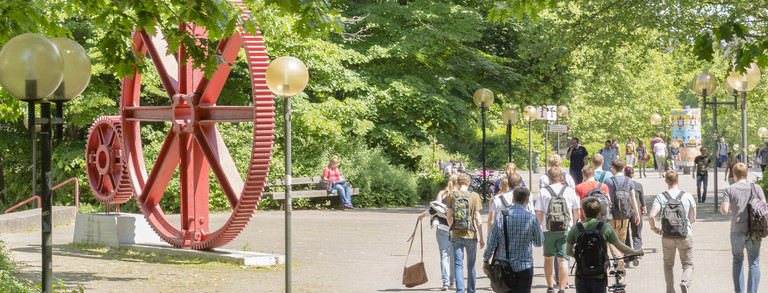Project completion: InnaMoRuhr sustainable mobility
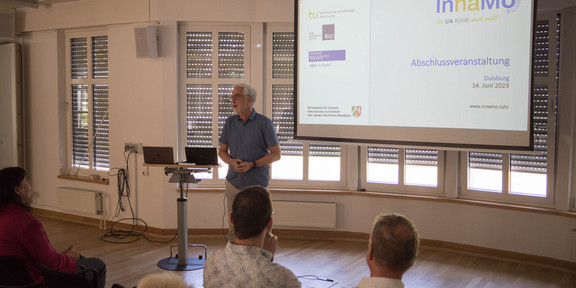
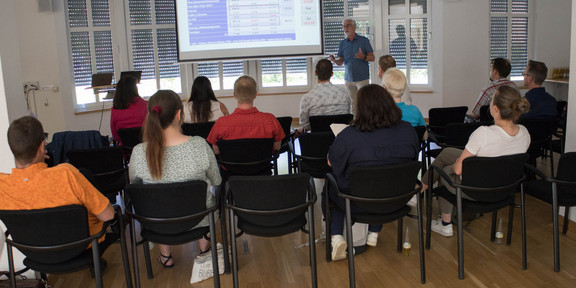
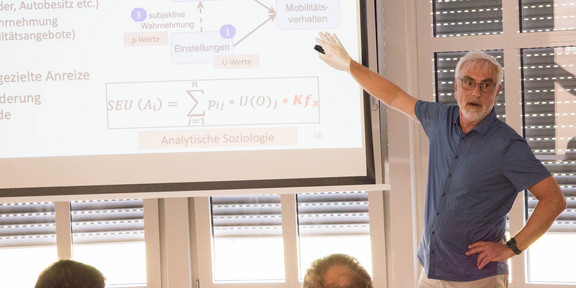
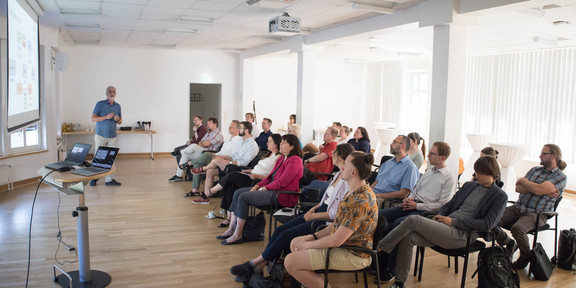
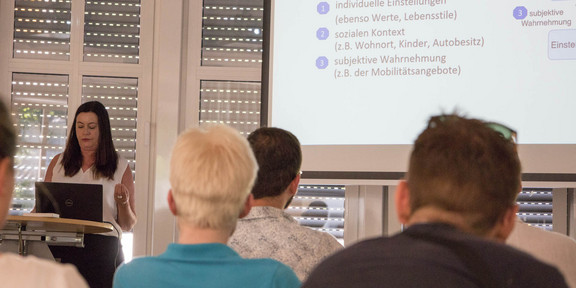
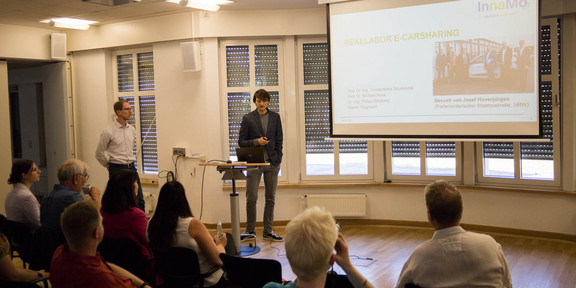
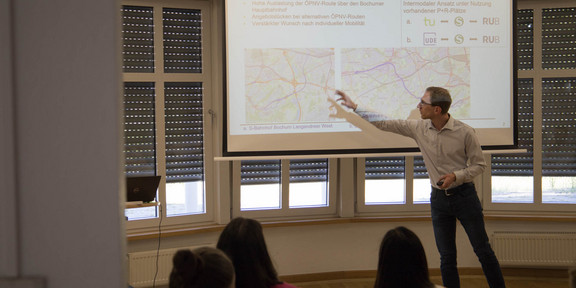
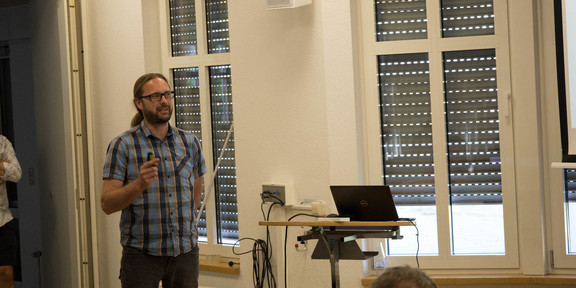
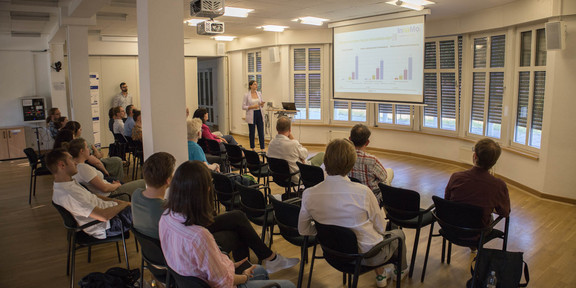
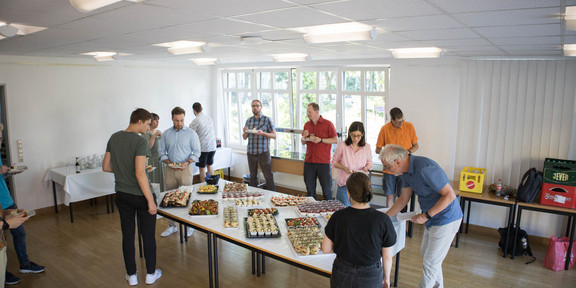
Over the past three years, the InnaMoRuhr project has investigated at the three UA-Ruhr universities how the mobility of the University Alliance (UA) Ruhr can be designed sustainably. Now the results were presented at a final event
Between 2020 and 2023, mobility was investigated using three real labs, mobility budget, bike hub and car sharing at the three UA-Ruhr university campuses. It was found that alternative transportation options were readily adopted under the right conditions.
Under the direction of the Chair of General Business Administration & International Automotive Management and the Institute of Sociology, 138 participants had the opportunity to test a mobility budget at the University of Duisburg-Essen. With a budget of 120€ on a virtual credit card, participants were able to use a wide variety of services, such as public transport services, car sharing, e-scooter sharing and bike sharing. Overall, almost 75% of participants used the budget to replace car travel. At the Technical University of Dortmund, a bike hub was installed under the direction of Prof. Dr. Johannes Weyer (Senior Professorship Sustainable Mobility). In addition to three bike parking facilities on campus and at interfaces with public transport, the service also included a repair service, a Nextbike lending station and the option of showers. The combination of options was so well received that the hub is now expected to become permanent. E-car sharing was offered by the Institute of Energy Systems and Power Mechatronics and the Chair of Macroeconomics at Ruhr University Bochum. Two of the total of six electric vehicles could be used without a route commitment. The remaining four vehicles were used for commuting between the RUB and two regional and suburban train stations in Bochum in order to investigate possible gaps in public transport services and to test the intermodal connections to the UDE and the TU Dortmund University created by the service. A total of 412 trips with 6502 kilometers traveled were recorded, with the vehicles without a route commitment showing the highest utilization.
The results of the three reallabs were evaluated using the InnaMoRuhr app, which was developed by researchers from the Chair of Networked Embedded Systems headed by Prof. Dr. Pedro José Marrón at the UDE. Through the systematic recording, positive effects as well as starting points for possible optimization potentials in the existing public transport service could be recorded. In addition, numerous extensions could be implemented based on suggestions from the users. Finally, Prof. Dr. Petra Stein (Institute of Sociology, UDE) gave an outlook on a possible follow-up project in which the app developed in the project is to be supplemented with incentives for more sustainable travel.

